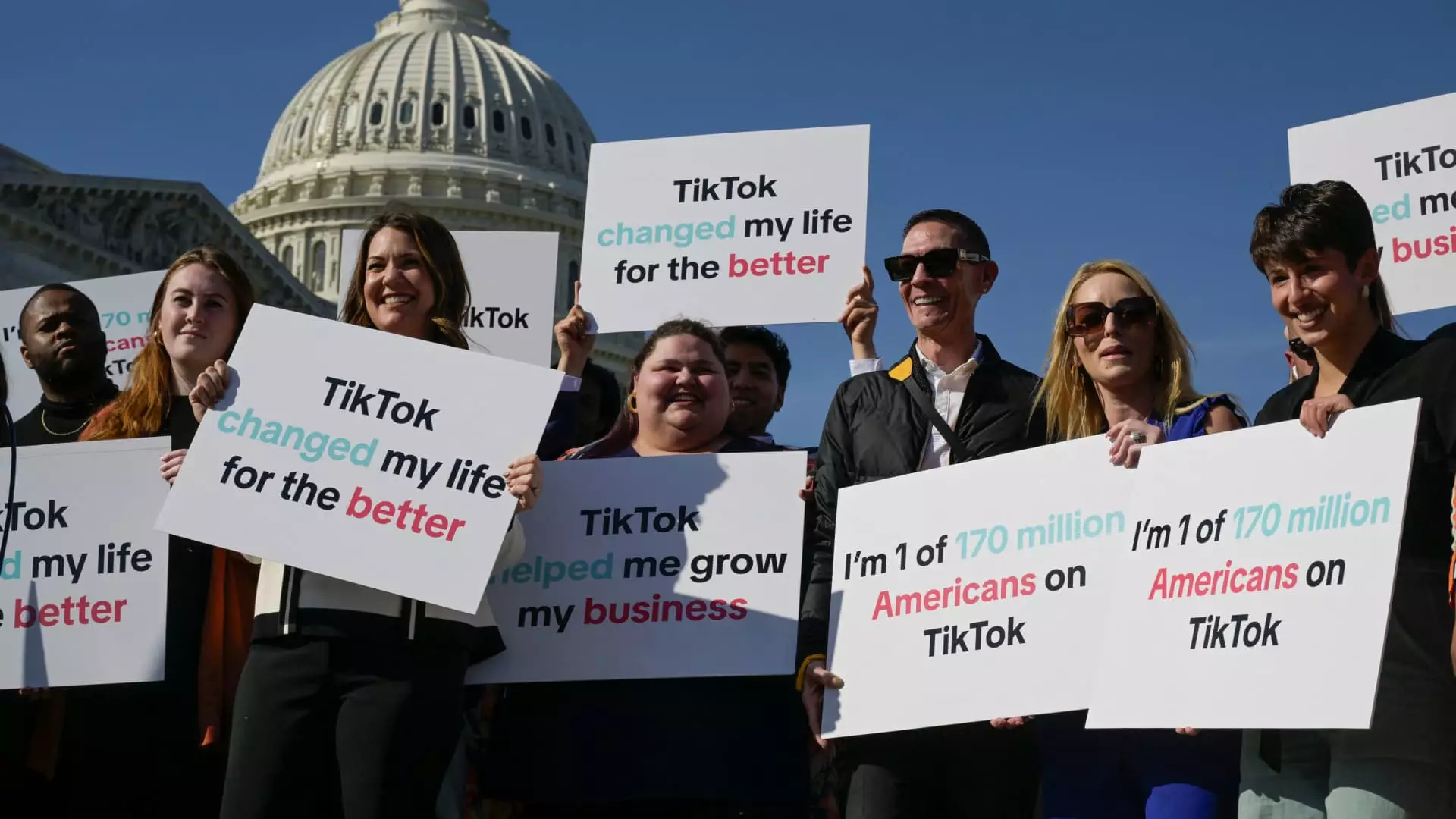The White House national security adviser, John Kirby, has emphasized the importance of passing a bill that would require Chinese technology company ByteDance to sell TikTok. The main concern is data security and the potential risks posed by allowing a Chinese company access to American user data. This sentiment is supported by both Democrats and Republicans, as evidenced by the overwhelming bipartisan support for the bill in the House.
Despite the bill passing with a significant majority in the House, the Senate has been slow to take action. Senate Majority Leader Chuck Schumer has made it clear that he is in no rush to push the TikTok bill forward. This delay is causing frustration among House members who are eager to see the bill move through the Senate quickly.
Divided Opinions Among Lawmakers
While there is general support for the idea of requiring ByteDance to sell TikTok to an American company, some lawmakers in the Senate have been hesitant to fully commit to the bill. Senators like Bill Cassidy and Ben Cardin have expressed tentative support but are waiting to see how the bill progresses through the Senate before making a final decision. This indecision is adding further complications to the process of advancing the bill.
The debate over TikTok has extended beyond Capitol Hill, with even former President Donald Trump weighing in on the issue. Trump, who had previously advocated for a ban on TikTok, has now expressed opposition to the bill. This shift in stance has implications for the upcoming presidential election, as former Vice President Mike Pence has cited Trump’s position on TikTok as a factor in his decision not to endorse him.
The debate over TikTok in the United States highlights the complex intersection of technology, national security, and politics. While there is broad agreement on the need to address data security concerns related to Chinese companies, the path forward in terms of policy and legislation remains unclear. The slow progress in the Senate and the diverging opinions among lawmakers indicate that the issue of TikTok is far from being resolved. It will be interesting to see how this debate unfolds in the coming weeks and what impact it may have on the future of technology regulation in the United States.


Leave a Reply